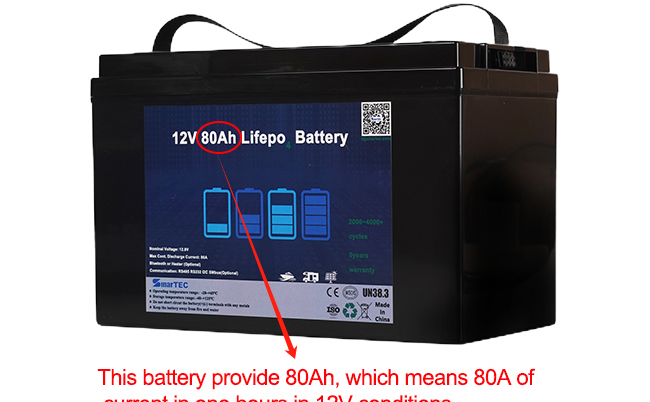When it comes to understanding batteries, one of the most crucial concepts is the “Ah” or ampere-hour rating. It’s a term that pops up on battery specifications and product sheets, but what does it really mean for you and your devices? Let’s dive into the details.
What is “Ah” and How Does it Measure Battery Capacity?
The term “Ah” stands for ampere-hour and it’s a unit that measures a battery’s electrical charge capacity. It tells us how much current a battery can provide over a specific period. For instance, a battery rated at 1 Ah can supply a current of 1 ampere for 1 hour before it needs recharging.
Understanding the Ah Rating:
- Capacity Measurement: The capacity of a battery is measured in Ah, indicating the amount of current (in amperes) that a battery can supply continuously for one hour before it is fully discharged.
- Formula: The capacity in Ah is calculated using the formula:
Capacity (Ah)=Current (A)×Time (hours)
- Practical Example: A battery with a 100 Ahrating can theoretically deliver 5 amperes of current for 20 hours (5 A × 20 h = 100 Ah), or 10 amperes for 10 hours (10 A × 10 h = 100 Ah).
The Relationship Between Ah and Voltage
While Ah measures the battery’s capacity, voltage measures the electrical potential difference. They are independent factors but together determine the battery’s overall energy content, which is expressed in watt-hours (Wh).
Combining Ah and Voltage:
- Energy Content: The total energy content of a battery can be calculated by multiplying the voltage (V) by the capacity (Ah):
Energy (Wh)=Voltage (V)×Capacity (Ah)
- Example Calculation: A 12V battery with a 100Ah capacity has an energy content of:
Energy=12V×100Ah=1200Wh
This calculation shows that the battery can theoretically deliver 1200 watts for one hour, or any equivalent combination.
Why “Ah” Matters in Your Daily Life
The “Ah” rating is not just a technical specification; it has practical implications for everyday use. Whether you’re choosing a battery for your car, a backup power system, or a portable electronic device, understanding the Ah rating helps you determine how long the device will run before the battery needs recharging.
Key Takeaways:
- Device Runtime: The higher the Ah rating, the longer the runtime you can expect from your battery under the same discharge conditions.
- Battery Selection: When selecting a battery, consider both the Ah rating for capacity and the voltage for the power requirements of your device.
In conclusion, the “Ah” of a battery is a fundamental aspect that affects performance and suitability for various applications. By understanding this concept, you can make informed decisions and optimize the use of your battery-powered devices.

